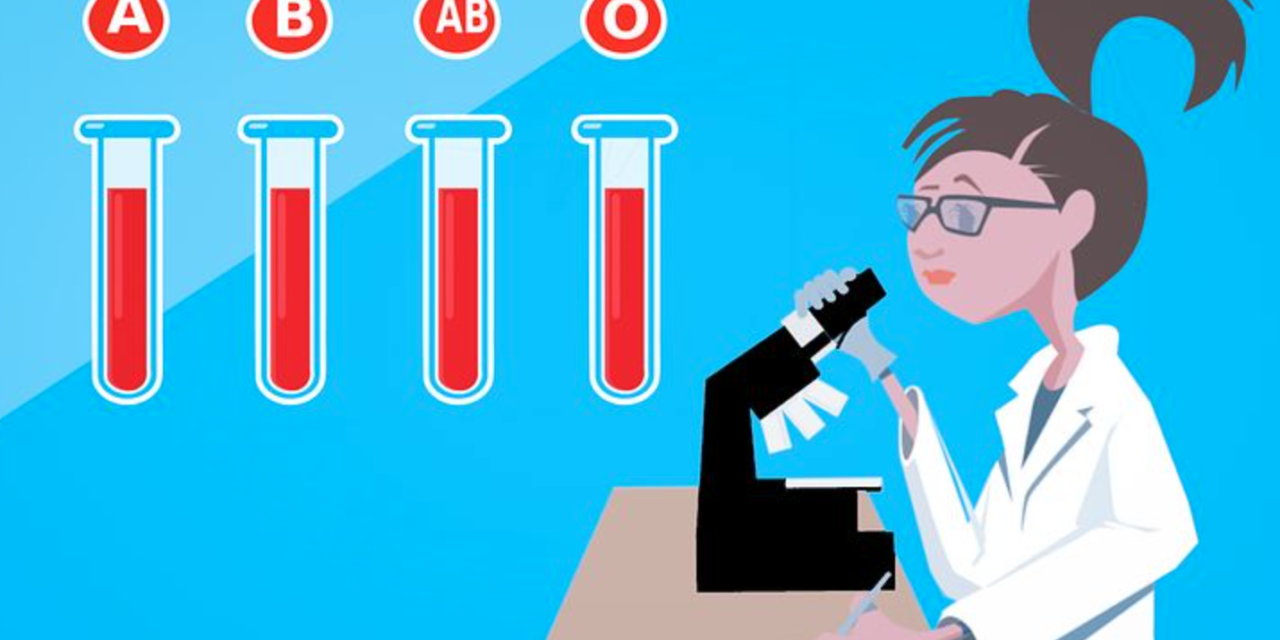Perhaps it’s one sign that the COVID-19 pandemic is abating.
On Monday, May 3, NC Governor Roy Cooper and state health officials turned their gaze toward another ailment – hepatitis.
May is Hepatitis Awareness Month and state officials are encouraging testing and vaccinations for the disease. It doesn’t help the state’s cause that COVID-19, and tests and vaccines for that disease, have dominated the health discussion in the state for over a year and have created a vaccine-weary public.
More than 175,000 people across North Carolina have been diagnosed with chronic viral hepatitis, and, according to state health officials, many more people could have hepatitis but not know they’re infected.
In addition to proclaiming May as Hepatitis Awareness Month, Cooper has declared Wednesday, May 19 Hepatitis Testing Day.
During May, state health officials are encouraging residents to learn the risks of the liver disease and be tested for hepatitis A, hepatitis B and hepatitis C if they have any symptoms.
Here’s what to look for when it comes to this inflammation of the liver that’s often caused by a virus: Symptoms of hepatitis can include “fever, fatigue, loss of appetite, nausea, abdominal pain, dark urine, light-colored stools and jaundice (yellowing of the skin and eyes).”
Also, state health officials note, “Many people with hepatitis do not have symptoms and do not know they are infected. Symptoms of chronic viral hepatitis can take decades to develop.”
State Epidemiologist Dr. Zack Moore stated in a Monday press release that getting those in danger of the disease vaccinated is key.
“The most important message for anyone who is at risk is to get vaccinated against hepatitis A and B to prevent infection,” he stated. “It is also important to get tested and to seek treatment if you are infected. Viral hepatitis is preventable and manageable with the proper diagnosis and medical care. Getting vaccinated and tested could save your life.”
The most common types of viral hepatitis are hepatitis A, hepatitis B and hepatitis C. Hepatitis B and C are spread by exposure to blood from an infected person That can happen through things like sharing equipment when getting tattoos or piercings. Hepatitis B can also be transmitted through sexual contact. Hepatitis A is spread by “fecal-oral transmission, most often by exposure to contaminated food or water or through sexual contact or improper hygiene practices.”
The CDC recommends that everyone between the ages of 18 and 79 receive a one-time-only screening for hepatitis C. Also, pregnant women, they say, should be screened for hepatitis C once during each pregnancy. Those with risk factors should be screened yearly. While there’s no vaccine for hepatitis C, there is a cure.


These aren’t the droids you’re looking for.
Oooo, another crisis? Do we have to stay in the garage when at home, or drive only to approved locations?
I was diagnosed as HEPATITIS B carrier in 2013 with fibrosis of the
liver already present. I started on antiviral medications which
reduced the viral load initially. After a couple of years the virus
became resistant. I started on HEPATITIS B Herbal treatment from
ULTIMATE LIFE CLINIC (www.ultimatelifeclinic.com) in March, 2020. Their
treatment totally reversed the virus. I did another blood test after
the 6 months long treatment and tested negative to the virus. Amazing
treatment! This treatment is a breakthrough for all HBV carriers.